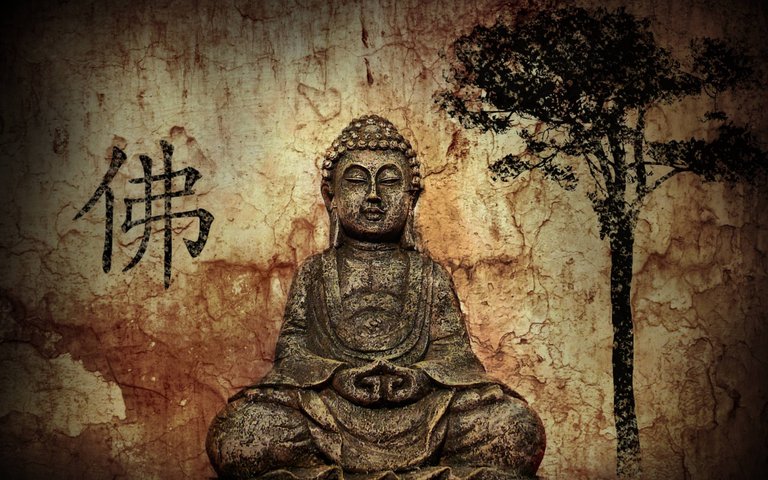Ever since love has fallen from classical view of sincere partnership into the intense waves of romantic tragedy, man has developed more and more resistance and evasion skills in this venture.
The higher number of divorces from today suggest a bigger flexibility that the lovers have as opposed to other times. Both men and women realize how important is the decision of who you want to spend your life with actually is, and they exert that choice even after they committed to a relationship.
The average sexual life of a modern person consists of a number of relationships which vary on a scale from juvenile to serious. There goes serious exercise into the art of making the decision of who you are going to spend your life with. As a result of this mentality, apps like Tinder have appeared like a resource for the growing number of people that only like to have one night stands or two weeks long relationships. The modern person is versatile and, even though he can weep and ache over a breakup, like in other times, he is mentally equipped to expect disappointment as he treats relationships like jobs, you need to try more of them to find the one you like the most.

In this context, the person has chosen to keep the illusion of that perfect partner that is somewhere in the world, but he is also an adept of the self-love ideology. “Western Buddhism” has brought that and many other new ideas to the modern society. The difference is, and that’s why it is called “western”, that these ideas have been handpicked from the whole set in order to help the modern man cope with his feeling of solitude and disappointment. He is not ready to really live in tune with the ideology he respects, but he is ready to use it’s teachings as justifications or comforting speech to solve his psychological dramas.

Through this portal, the idea of self love arises as a motivational technique. The New Age citizen grows with the knowledge that he must, before everything, love himself, but only because this is the best way to make other people love him, the best strategy. There is this metaphoric image of tens of moths circling around a lighted bulb in the night. You want to be that bulb, so you must shine. The Buddhists then come and tell you that the human’s purpose is to find themselves inside themselves. They have the Buddha as an example – a man who searched everywhere he could for enlightenment and when he got tired, bored, hungry and angry, he just sat under a tree’s shadow and started meditating hoping that if he doesn’t get enlightened, then he will at least die trying. The sitting with your eyes closed is admired by the western civilizations because it suggests self sufficiency. And everybody knows that those who don’t need anyone can have everyone.
This is the exact point in which the two ideologies start to drift apart. Modernity wants to get the final result but it is skipping stages. Only living in a high state of awareness can put you on a search of finding the real inner love. And that search is paved with selfishness.
As Osho states in one of his speeches, the man who doesn’t understand what universal love is can only start by loving himself in selfishness. The Buddha started searching when he realized that he knew very little about the world he was living in. He wanted to know, but in this phrase alone we can see we are talking about an individual. He conceived himself as an individual who wanted to grow. The difference between these two stages is the shift in perception: from the “me” as an individual to the “me” as an instrument of Divine Will.

If you want to attract people, accept it and love the ones you want in your life. The rejections and dramas will help you love yourself by proving who you want to avoid and who you want to become. Use people as a filter for yourself on your love exercising road. Through this you will learn more things about yourself and only that knowledge can give you the start on the road to enlightenment. Knowledge of the self will transform into self-love by default and living in this state will make you start taking distance from yourself. And that’s how you will learn real altruism.
You mustn’t always judge yourself in regard to the general acceptance of human aspects. In this article I tried to describe how egoism can only be overcome by accepting it totally and not by restraining it. Loving yourself isn’t a thing to want to achieve but a result of wanting to know, and natural altruism is the action that can be operated by the one who has most of that self knowledge.

Steem on!Nice post! And thank you for using SteemPress! Just popping by to say I've finally whitelisted your account so that it is able to receive upvotes from @steempress-io.
Thank you, @fredrikaa! I'm glad you enjoyed it. At first I found it a little bit hard to use steempress, probably because I'm so accustomed with steemit. But now I just posted my second article. I hope it will look and be good enough.
It's a great article and loved the choice of words. Keep it up Diana.
Thank you! I'm glad you enjoyed it. :)
Hello Diana. First time coming across your post and it was lovely to read! However, I'd recommend breaking your paragraphs into smaller sentences for easier reading. Someone once told me, space in writing is like taking breathes or pauses when speaking. Hope this helps!
Thank you! I appreciate it.
As for the paragraphs.... Yeah, I know. Check my other posts to see the difference. :D It was my first article shared with steempress. I need to upgrade the process a little.
interesting take on self love. I agree with your analysis that several steps are being skipped on the way to achieving true love
i have always wondered is it necessary to love your self. there are two approaches; one is to love others before you love yourself. The other is to love yourself before others. As we can see, it is not possible to do both at the same time. again i dont mean literal love, but the deeper love that is required for us to open our eyes to the possibilities beyond self.
maybe the modern way of thinking is "I feel, therefore i am". while the reality probably could be "i am, therefore i feel".
To love or not to love isn't the question. many modern gurus make it a point to teach about love because it is an emotion that all of us understand. People find it addictive to be taught that love is meaningful when applied to the self.
my question would be: suppose we gave up the self, would love really matter?